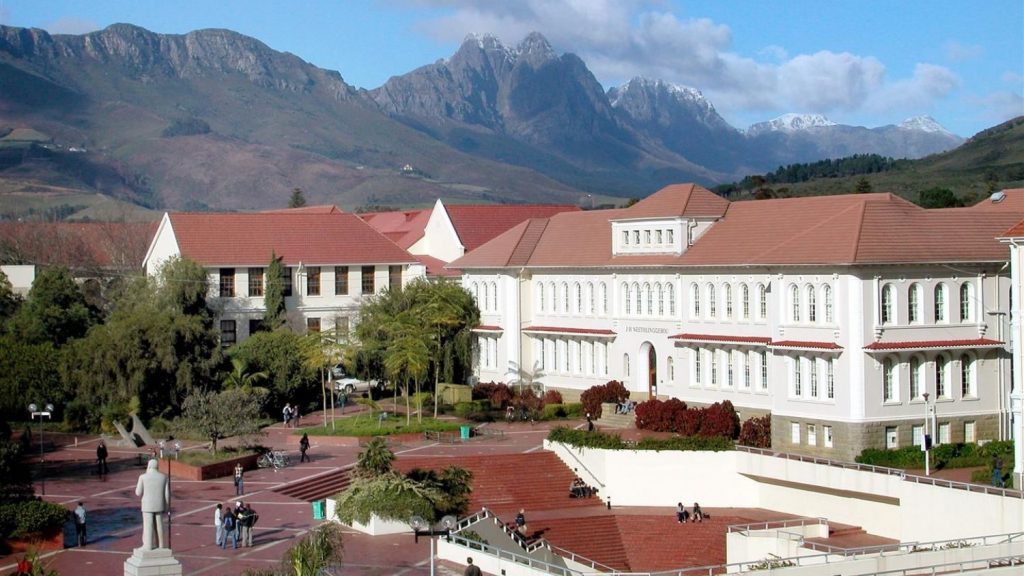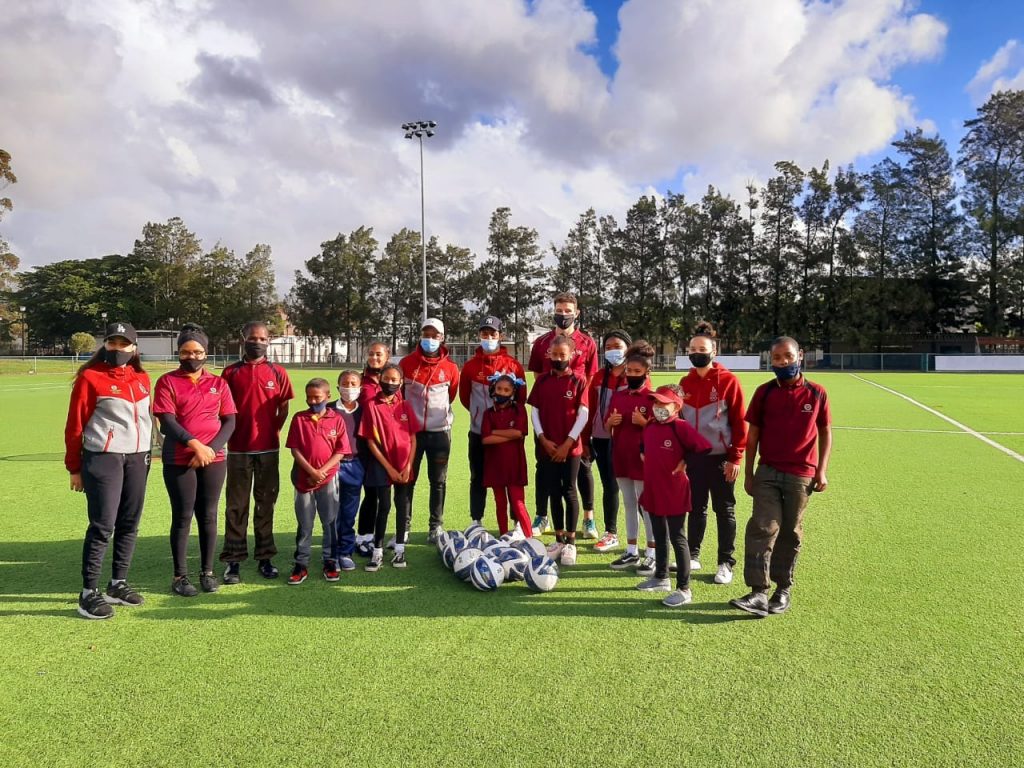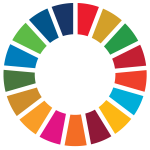Esta web utiliza cookies para que podamos ofrecerte la mejor experiencia de usuario posible. La información de las cookies se almacena en tu navegador y realiza funciones tales como reconocerte cuando vuelves a nuestra web o ayudar a nuestro equipo a comprender qué secciones de la web encuentras más interesantes y útiles.
SLEAK 2.0
Description
Institution
Stellenbosch University

Organizations/areas of the university involved
SLEAK 2.0 is an interfaculty collaboration between our division of Occupational Therapy, division of Theology, and Maties Sport / Sport Leadership
Country
South Africa
Link to learn more...
SLEAK 2.0 is a case study in which three different faculties (theology, occupational therapy, sports) join forces to train life-skills in underprivileged adolescents and their support structures as part of student learning and community outreach. Through sharing interdisciplinary knowledge, collaboration, adaptiveness, and an innovative mind-set, we envision a catalytic, all-encompassing, impact for both staff, student and adolescent.
SLEAK (Skills, Learning, Education, Activities for Kids) 2.0 is an after-hour life-skills program in which students, together with staff and local volunteers, provide a four times six-week program involving a myriad of activities (sports, creative ). Each 6-week block revolves around a specific life-skill (ie respect, resilience, big dreams, leadership) deemed vital in equipping adolescents to face the day to day challenges and adversity of growing up in an underprivileged urban setting (eg poverty, drugs / alcohol, lack of social stability etc).
The main target group for our initiative is twofold. First, the life-skills program targets underprivileged adolescents and their support structure (ie family). These adolescents generally face complex challenges in home circumstances, inadequate primary education, and limited social capital. By soliciting life-skills (eg resilience) during adolescence we aim to equip this learners with the skill set to tackle and cope with adversity more effectively. Second, the students and staff from different curricula involved in the program. Through the interdisciplinary collaboration, generally outside of their own scope of practice (eg health), we aim to equip those involved with a more open and holistic mindset to tackle complex challenges in real-world situations. Funding was obtained from our division of Social Impact & Transformation to set-up and pilot SLEAK 2.0 at one of our service learning sites (Bishop Lavis, Cape Town). The project builds onto the uni-disciplinary SLEAK 1.0 (Occupational Therapy) program that has been running effectively since a couple of years. Unfortunately, The COVID-19 pandemic has hampered some of the proposed activities. For example, home visits have been challenging due to the inability to control safety, social distancing and hygiene practices. In addition, providing opportunities for participants outside of their own community (eg visits to main campus / sports facilities) have had to be postponed. As the COVID-19 pandemic evolves, a concerted effort is being made to slowly re-integrate these essential aspects of the program moving forward. Qualitative research activities are planned to ensure rigorous evaluation of the program at a participant and stakeholder level to inform the case moving forward, as well as the concept of interfaculty collaboration across university sites.
Results and impact measured or expected
The proposed outcomes and impact will be evaluated at a participant (adolescent), family, student, and staff level using qualitative research methods. Due to the pilot nature of this project, reach and geographic scope are limited as yet. Most importantly, the envisioned outcome is one of “hope”, in that it is feasible and valuable to seek and structure interfaculty collaboration as part of social impact initiatives despite the sometimes passive university structures.
Connection with the SDG framework
(Education for) Any progress towards the sustainable development goals cannot happen in silos. Hence, it is paramount that as part of the education curricula we expose students and staff to ideas, concepts, methods that are outside of the direct scope of practice for the respective student of staff member. This type of cross-fertilisation promotes cross-cutting skills and ‘key competencies’. Our initiative, albeit on a small scale currently, actively seeks that “uncertainty and cross-fertilisation” through community-based (action-based), interfaculty collaboration, for a complex and “wicked” challenge like developing life-skills for those living in socio-economic hardship.
Barriers and follow up
One of the key challenges for this project is geographical; with different faculties being geographically distant from each other, as well as the service learning site where this project is embedded. For the division of Occupational Therapy, that his been resolved by setting up service learning sites where students are allocated to for clinical rotations. This allows for a series of students to engage with the project over time, but provides challenges for the sake of continuity. The case obtained funding from the division of social impact to circumvent the geographical challenges related to students / staff engaging at the service learning site, as well as for the participants to engage with the “world beyond their community”. From a sustainability perspective, these challenges will need to be addressed in due time.
Transferability of the initiative
SLEAK 2.0 is a proof-of-principle, as to the value of interfaculty cross-fertilisation in the development of students equipped to tackle the SDGs holistically. The concept of interfaculty collaboration, through social impact and action-based learning, can be transferred widely. The outcomes of this specific case, will feed back to the existing structures as such that other initiatives and faculty may feel inspired and motivated to engage in similar co-curricular activities. Stellenbosch University has a wide number of community-based service learning sites throughout South Africa, in both urban and rural sites. The COVID-19 pandemic may positively affect the upscaling of these initiatives through virtual solutions that would otherwise have been unfeasible or unsupported.
Education 4 SDG funciona gracias a WordPress


